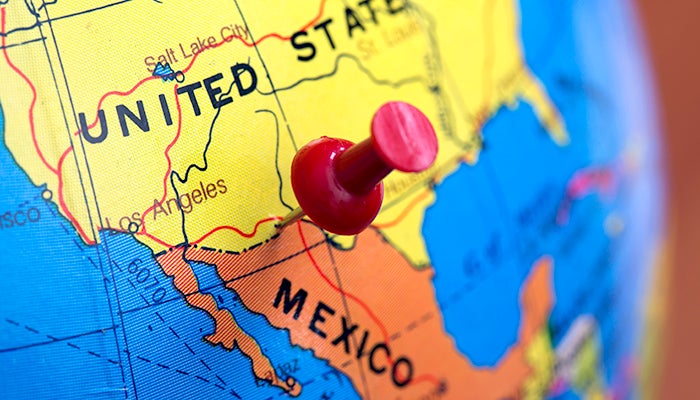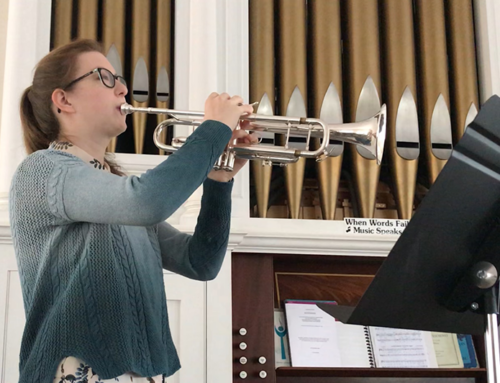By Hazelle Lerum ’20, Science and Technology Studies
In 2000, more Mexican immigrants were entering the United States than exiting, according to Pew Research. Now, the opposite is true — Mexican immigrants are returning to Mexico at a greater rate than the other way around.
There are many possible reasons for this reversal: tougher border enforcement, fewer economic prospects, and an increased interest in reuniting families. Jennifer Cardinal, a lecturer of science and technology studies at Rensselaer Polytechnic Institute, is investigating a particular phenomenon taking people from the U.S. to Mexico: lifestyle migration.
“Flipped migration doesn’t get enough attention in the media,” Cardinal said. “But it gives us a broader perspective on the issue, and urges us to think about the brutal treatment of migrants coming into the U.S. right now.”
Cardinal conducted 17 months of ethnographic research on a beachside community inhabiting the southern coast of the state of Jalisco. Her focus was on immigrants from the United States and Canada who moved there for consumption-driven reasons rather than for work or necessity.
“Are they just neo-colonials living out their lives as tourists?” Cardinal asked. According to her findings, there is no simple answer.
“While other research shows lifestyle migrants are a force of gentrification, it’s more complicated than that,” she said. “The town I studied formed a strong, protected community because of the relationships between the locals and the lifestyle migrants.”
Throughout her research, she encountered conflicting concepts of what it means to create a sustainable community. For some, it’s finding economic sustainability through ecotourism. For others, it’s volunteering for community gardens and grassroots environmental nonprofits.
“What does sustainability mean? Sustainability for whom?” Cardinal said. “The history of development is not a neutral concept. It’s not benign. Is there such a thing as sustainable development? Or is development inherently unjust?”
Despite these concerns, local youth are creating opportunities for sustainable development in their own communities, according to interviews conducted by Cardinal.
“The youth used to say, ‘We’re going to Guadalajara, or the United States,’” Cardinal said. “But that’s changed. Now they say, ‘We’re going to start an ecotourism business.’ They recognize that the place where they grew up is considered paradise, a place people save up years and years to retire in.”
Cardinal’s research comes in the wake of a strengthening Mexican economy, which receives most of its tourists from the United States. Moving forward, she will study community sustainability a little closer to home in Troy, N.Y. She will also be teaching a course on globalization and development at RPI this semester.




